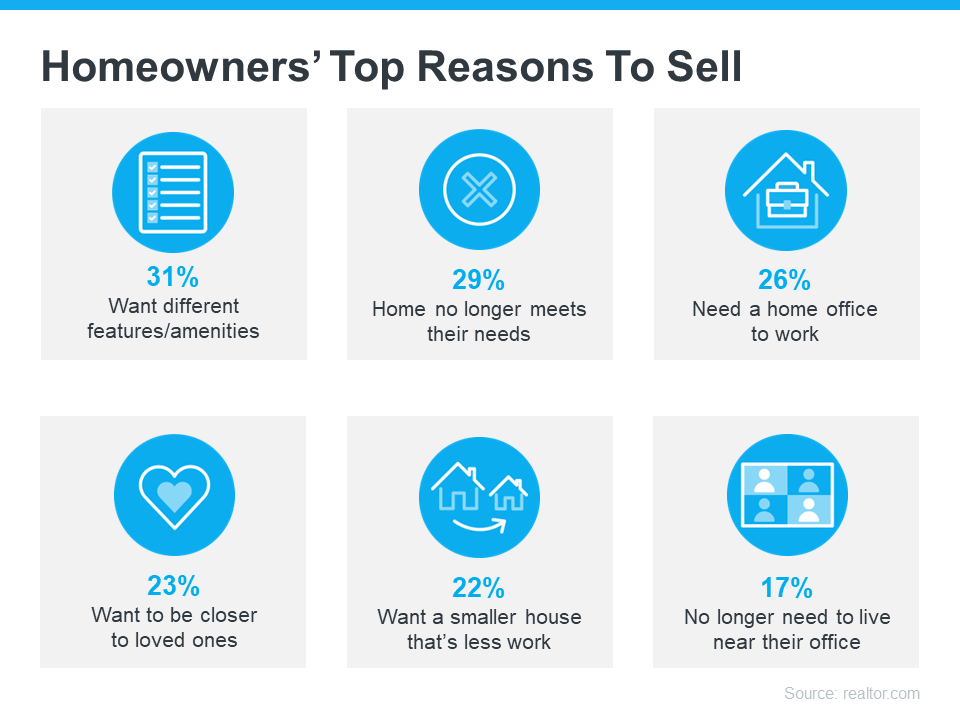10 Signs your real estate market is shifting

It is not unusual for real estate markets to change. It happens all the time. Quite often real estate markets stay the same for quite a while and then something happens that causes a shift.
Sometimes it is the general economy, other times it could be interest rates moving significantly up or down, and possibly the stock market changing drastically.
Your probably wondering what are the major signs that the real estate market is changing in your local area. All real estate is local so that is vital to understand.
It seems like everywhere you look, there are signs that the real estate market is shifting. Recently, there have been a lot of reports of buyers and sellers being in a “buyers market,” and this shift could mean big changes for those who are buying or selling.
Never take the national headlines as the gospel for your area. More times than not, the local market could be a bit different.
So, is it a buyer’s market or seller’s market? Maybe it is balanced? Let’s take a look at they ways you can tell.
Far Fewer Bidding Wars and Less Bidders in General
The last few years have been incredible for sellers. Most homes would have bidding wars with multiple bidders. It was not uncommon to have 10 or more bidders for a home.
When the market changes one of the first signs will be fewer bidding wars. Also when a bidding war does take place there will be fewer bidders.
There will also be fewer highest and best offers or escalation clauses in contracts.
There are Numerous Price Reductions
When it is a strong seller’s market, seeing many price reductions is highly unusual. Sellers are driving the market and often get more than the asking price. In fact, multiple offers and bidding wars are the norm not the exception.
Falling sales prices are a clear indicator that the seller’s market is losing steam. Buyers are no longer willing to stretch to get into a home. The comparable sales will often be based on a different market.
Some sellers lower their prices when they do not receive any offers at the initial listing price. A significant percentage of seller’s will price their homes based on a seller’s market mindset. Unfortunately, listing at a previous markets home prices leads to failure.
Sellers who come to realization that the market has changed will be quick to adjust and drop their price when no offer comes after a couple weeks.
The Number of Homes For Sale Rises
One of the defining factors of a seller’s market is low inventory of homes for sale. When the inventory levels start to rise substantially it is a good indicator the real estate market is shifting.
Supply and demand for housing is always a clear indicator of how the market is headed. Low inventory equals a seller’s market, and high inventory equals a buyers market. When inventory levels stay consistent with demand it could be classified as a balanced market.
You will often see a significant increase of for sale signs when moving from a seller’s market to a buyer’s market. Buyers will notice they have more to choose from when looking on popular real estate sites.
Homes Take Longer to Sell
In a hot seller’s market homes sell in an instant. It is not unusual for a home to be on the market less than a week. When a market transitions from a seller’s to buyer’s market, the days on market will go up significantly.
Even when real estate markets go from favoring sellers to being more balanced, the time on market will go up by quite a bit. Real Estate agents need to be proactive and set proper expectations with the seller clients.
Not doing so can lead to severe disappointment. A real estate agent should always be cognizant about over promising and under delivering.
It becomes especially important when markets are in flux. Buyers and sellers can have expectations based on what’s been going on in the past and not the present.
The Original List Price to Sale Price Ratio Will Drop
One of the statistics real estate agents often talk about is the list price to sale price ratio. In extreme seller’s markets it is not unusual for the list price to sale price ratio to be over one hundred percent.
With so many bidding wars taking place, homes sell over the asking price quite frequently. When bidding wars are removed from the equation there is nothing in place to motivate a buyer to pay for more than the list price.
As homes stay on the market, the list price to sale price ratio can drop even further. When sales prices start to drop, the ratios become more crucial.
Consumers will want their real estate agent to be giving them accurate listing prices, not something based on an old market that no longer exists.
Real Estate Contracts Will Contain More Contingencies
One of the defining factors associated with a robust seller’s market is a lack of contingencies in a buyer’s offer. When the market is strong, buyers will do everything possible to make their offer stand out from the competition.
One way of doing that will be eliminating common contingencies. Over the last few years it was not uncommon for a buyer to waive their home inspection contingency or even their financing!
In fact, many potential buyers would offer to pay cash to make their offer attractive to sellers. Most properties in an extreme seller’s market were sold as-is.
With a shift out of a seller’s market, many of the common contingencies will return to real estate contracts.
Far Fewer Cash Sales
When the real estate market favors buyers or is more balanced, it is much more rare to see cash offers. The vast majority of buyers will go back to getting a mortgage and having a contingency for it.
There is no need to offer cash when there are few other buyers doing so. Beating a cash buyer no longer becomes a concern.
More Back on Market Properties
In a hot seller’s market there are many buyers who will waive a home inspection. That is not the case in a buyer’s market or one that is more balanced. Home inspections will be conducted and buyers will be more apt to negotiate repairs, price reductions, or seller’s concessions.
There will also be more properties that come back on the market because a meeting of the minds could not be made.
More Offers With Home Sale Contingencies
When real estate markets favor sellers, buyers don’t even attempt to get a home sale contingency clause. When shifting out of a sellers market, some buyers will attempt to get a home sale contingency.
Even in balanced or buyer’s markets, they are looked at unfavorably with most sellers but buyers will try.
More Open Houses
One thing you will notice when the market favors sellers is that there are fewer open houses. Real Estate agents don’t need to participate in activities that are unnecessary.
The best kept secret in real estate is than open houses benefit real estate agents far more than home sellers. Real buyers always schedule showings with an agent.
When the market shifts, real estate agents will do open houses to show their clients they are “working at selling the home”. Even though A bunch of neighbors and the unqualified will show up.
Professional agents always explain the pros and cons of an open house. Agents who don’t are there for one thing – prospecting for business elsewhere.
Final Thoughts
It is vital for real estate agents to stay on top of the local real estate market. The best agents are advisors for their clients. Their fiduciary duty is to get the best terms and conditions.
Accomplishing that is very hard to do when bad or outdated advice is given. Nobody has a crystal ball but there will usually be some clear trends that are taking place.

 Facebook
Facebook
 X
X
 Pinterest
Pinterest
 Copy Link
Copy Link








